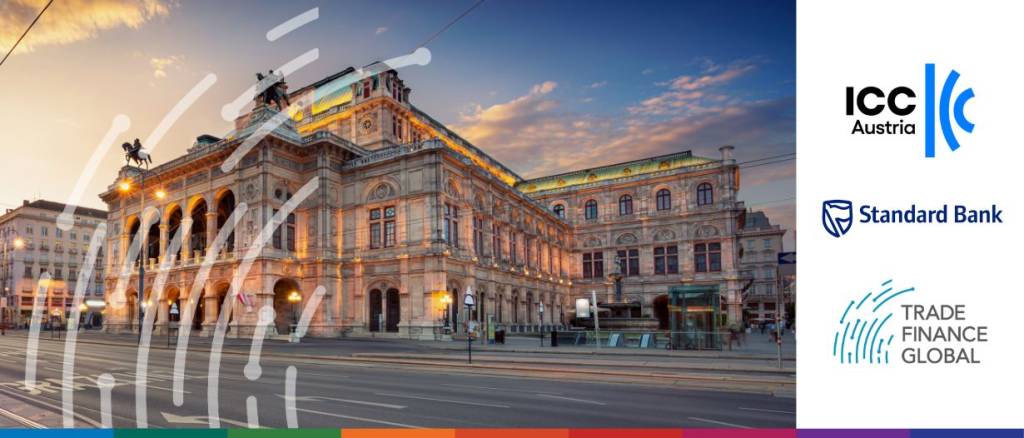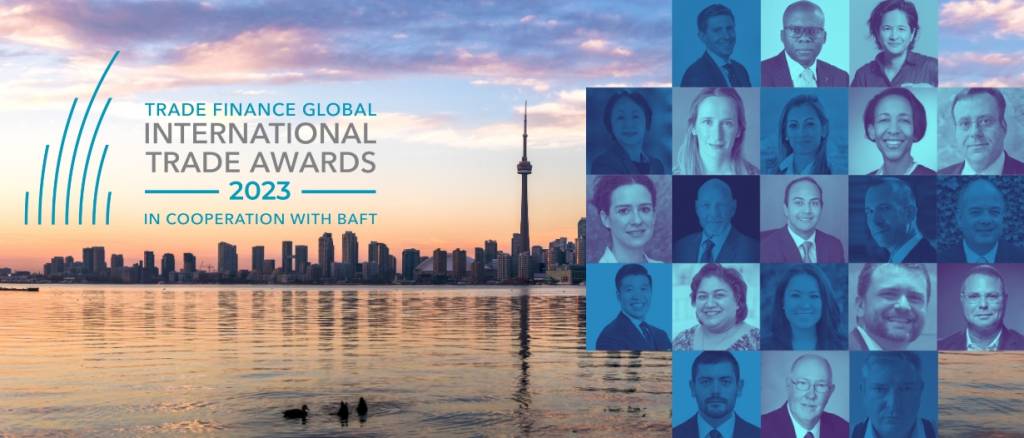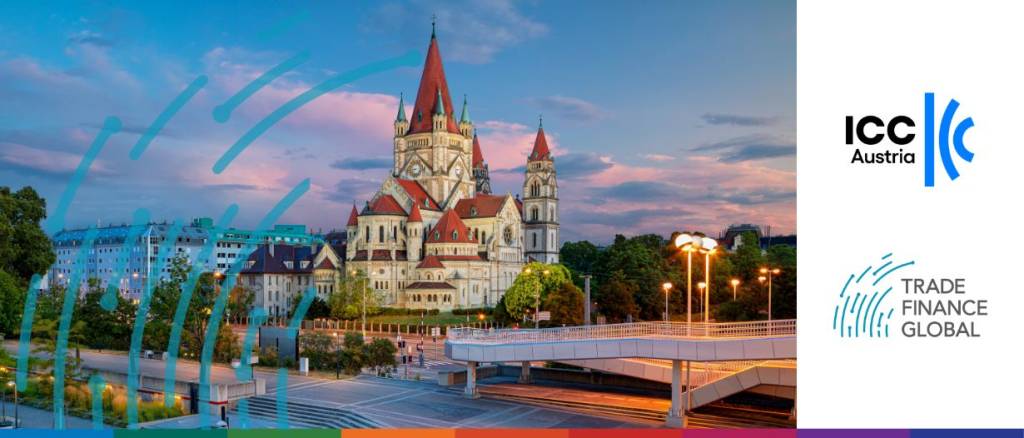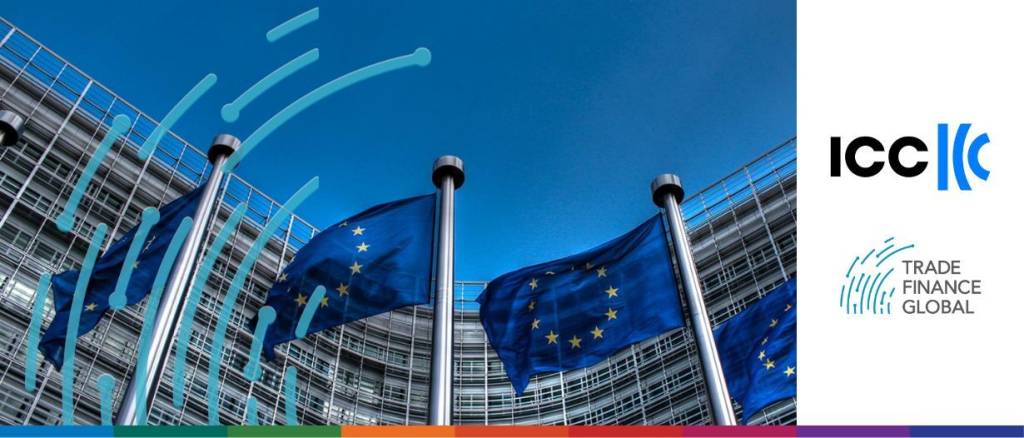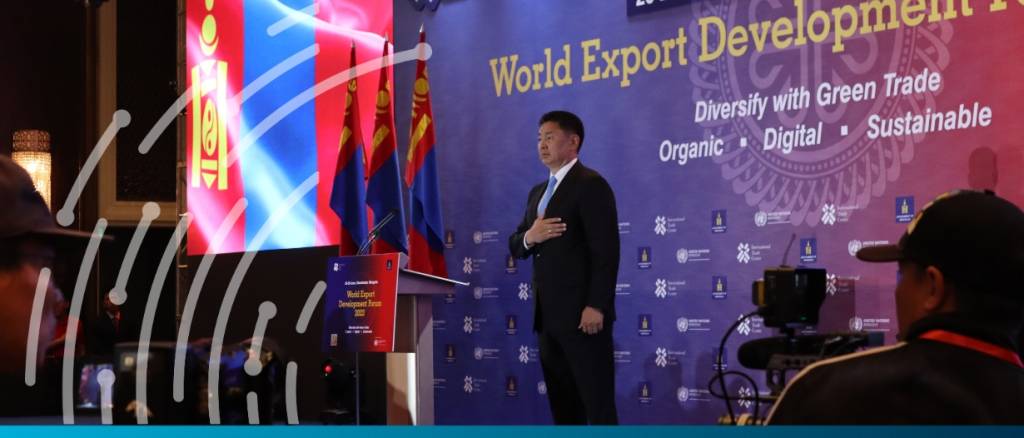The potential impact of the UK’s incoming Electronic Trade Documents Bill goes far beyond a boost to the country’s trade prospects. By enshrining in law that a digital document is equivalent to physical paper, the reform means that counterparties can issue and process documents electronically by default, – and with UK law acting as the basis for trade transactions across much of the world, the opportunity for transformation is unprecedented.
At ICC Austria’s Trade Finance Week, Trade Finance Global spoke with Isaac Mahanke, group head for traditional trade products at Standard Bank, to shed light on the prevalence and advantages of demand guarantees in Africa.
In this article, EBRD’s Ralph De Haas and Rudolf Putz talks about ways to improve regulatory compliance for trade finance and correspondent banking.
Trade Finance Global (TFG) is pleased to announce the upcoming Trade, Treasury & Payments Awards 2023 ceremony, presented in cooperation with BAFT. These prestigious awards recognise individuals and organisations that have made outstanding contributions to the trade, treasury, and payments sectors.
Trade Finance Week, a week-long gathering organised by the International Chamber of Commerce (ICC) Austria, has become renowned in the trade finance industry.
The International Chamber of Commerce (ICC), the world business organisation, has publicly praised a recent accomplishment by European Union (EU) policymakers – the successful conclusion of negotiations concerning the third revision of the bank capital framework, the Capital Requirements Regulation 3 (CRR3).
As an observer at the World Export Development Forum (WEDF) 2023, where Trade Finance Global (TFG) was a media partner, TFG had the opportunity to discuss these challenges and prospects with local and international delegates.
Ulaanbaatar, Mongolia’s capital city, played host to the 20th World Export Development Forum (WEDF) on June 27, 2023, where Mongolian President Ukhnaagiin Khurelsukh addressed a global audience. The International Trade… read more →
Many moons ago, one of my boss’s mantras was ‘time is more precious than meat’. This was repeated every morning during our daily sales meetings. Those days, I sold ‘air time’ in the media industry.
Like every aspect of the financial services industry, the correspondent banking world has changed a great deal over recent years due to technology, regulatory regimes, and risk management.
















